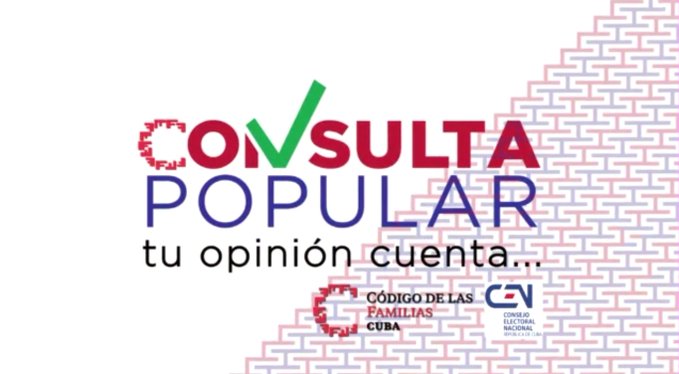A teacher by training, this woman in her fifties recognizes that the first thing to do is to read as many times as necessary this 24th version, available to study by all Cubans until April.
“From questions that my students ask and sporadic conversations with some parents, you realize that further consideration is in order, as this project sheds so much light on childhood and adolescence and on the rights of the elderly that it becomes a must-read in every home,” she told ACN, “because it is a renovating text with a broad and inclusive vision.”
Very close to where she lives we found another local resident, José Romero, who categorically holds that the new code comes at the right time in that it addresses interests and problems of all generations, including his as a young person.
“It is first and foremost an act of justice and unity, and a unique opportunity to debate and build together the Cuban society,” he remarked. “And I’d like to refer particularly to the senior citizens, because the current consultation process is proof positive that the Cuban government places the human being above everything else.”
“Every article gives the elderly plenty of reason to be confident and hopeful, because now we are children and grandchildren but one day we will be senior citizens who will have in this text enriching and dignifying safeguards,” he added.
More than 3,000 meeting places have been set up in the province of Sancti Spiritus to discuss the draft Family Code, a revolutionary document that delves into Cuba’s dissimilar realities and problems and redesigns essential concepts such the meaning of family itself.
The Code currently in force, also considered a historic milestone in its time, dates back to 1975.
 Escambray ENGLISH EDITION
Escambray ENGLISH EDITION





Escambray reserves the right to publish comments.